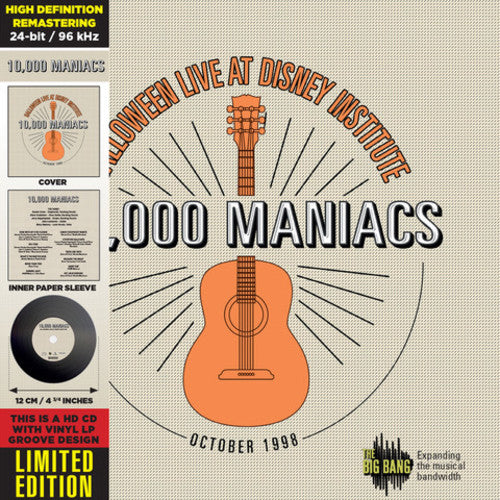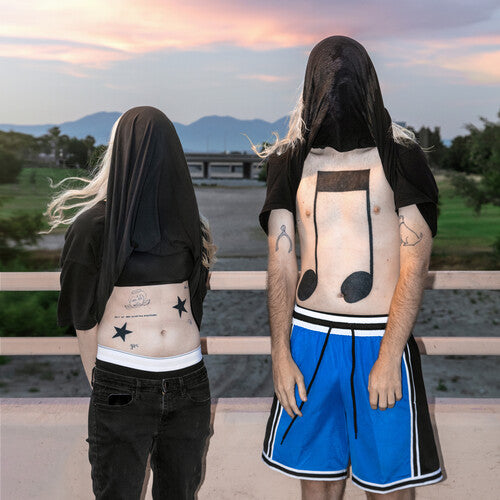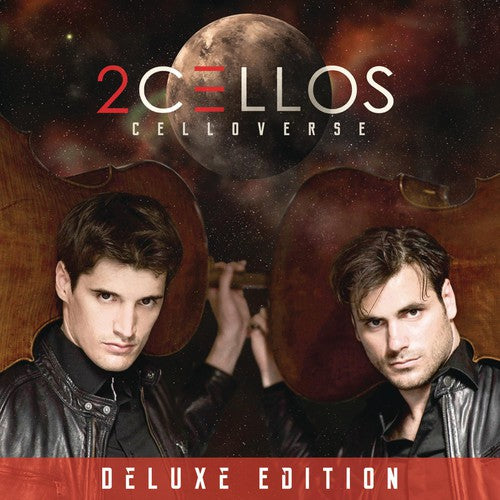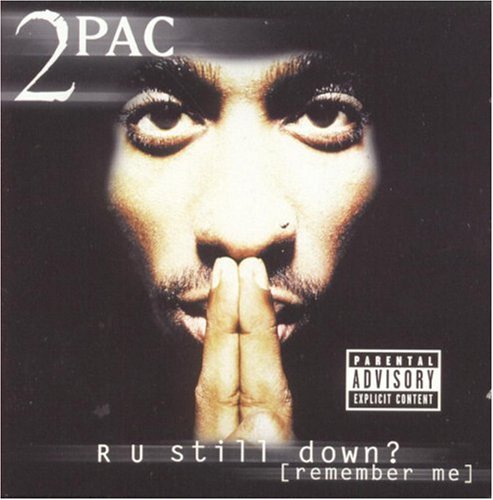(G)I-Dle - 2 (0 Ver.) (CD)
$29.98
(G)I-Dle - 2 (1 Ver.) (CD)
$29.98
(G)I-Dle - 2 (2 Ver.) (CD)
$29.98
*NSYNC - N-Sync (CD)
$7.99
10 - MTV Unplugged (CD)
$14.98
100 gecs - 10,000 Gecs (CD)
$14.98
100 gecs - 1000 Gecs (CD)
$15.98
21 Savage - Issa Album (CD)
$11.96
2Cellos - Score (CD)
$16.97
2Pac - Better Dayz (CD)
$24.98
2Pac - R U Still Down (CD)
$13.95

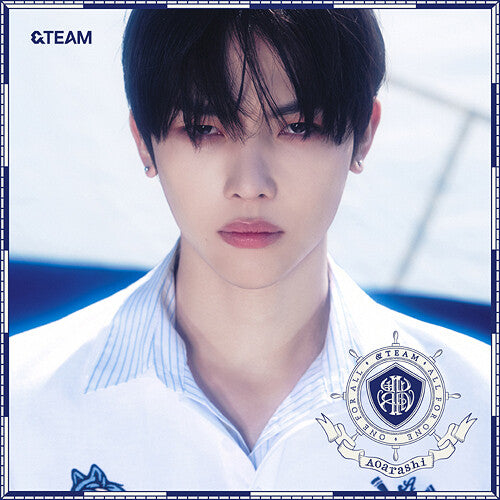

![&Team - First Howling: NOW [Limited Edition A] (CD)](http://surprisecastle.com/cdn/shop/files/4261960-3072881.jpg?v=1729116867&width=533)
![&Team - First Howling: NOW [Limited Edition B] (CD)](http://surprisecastle.com/cdn/shop/files/4261961-3072883.jpg?v=1729116872&width=533)

















